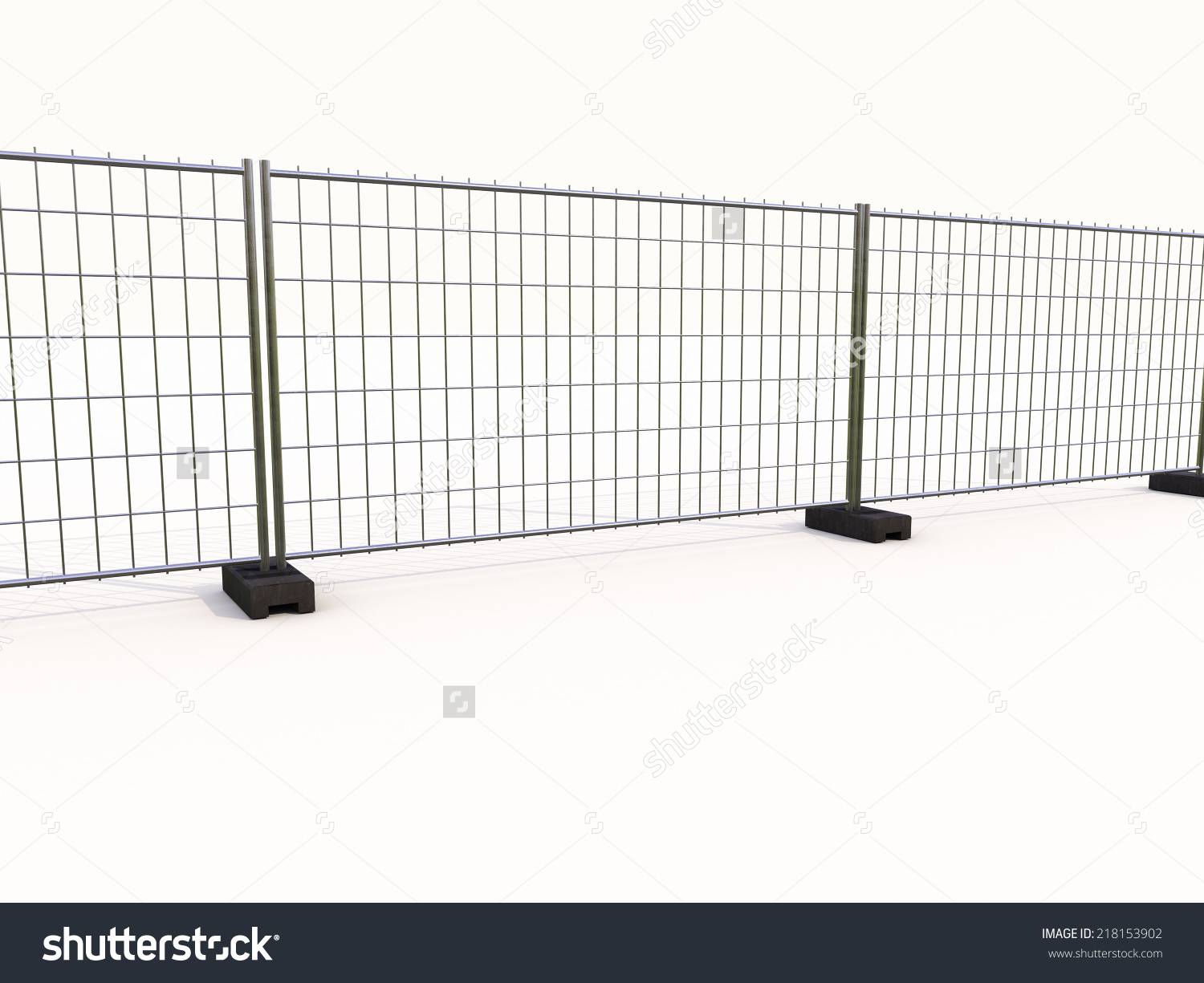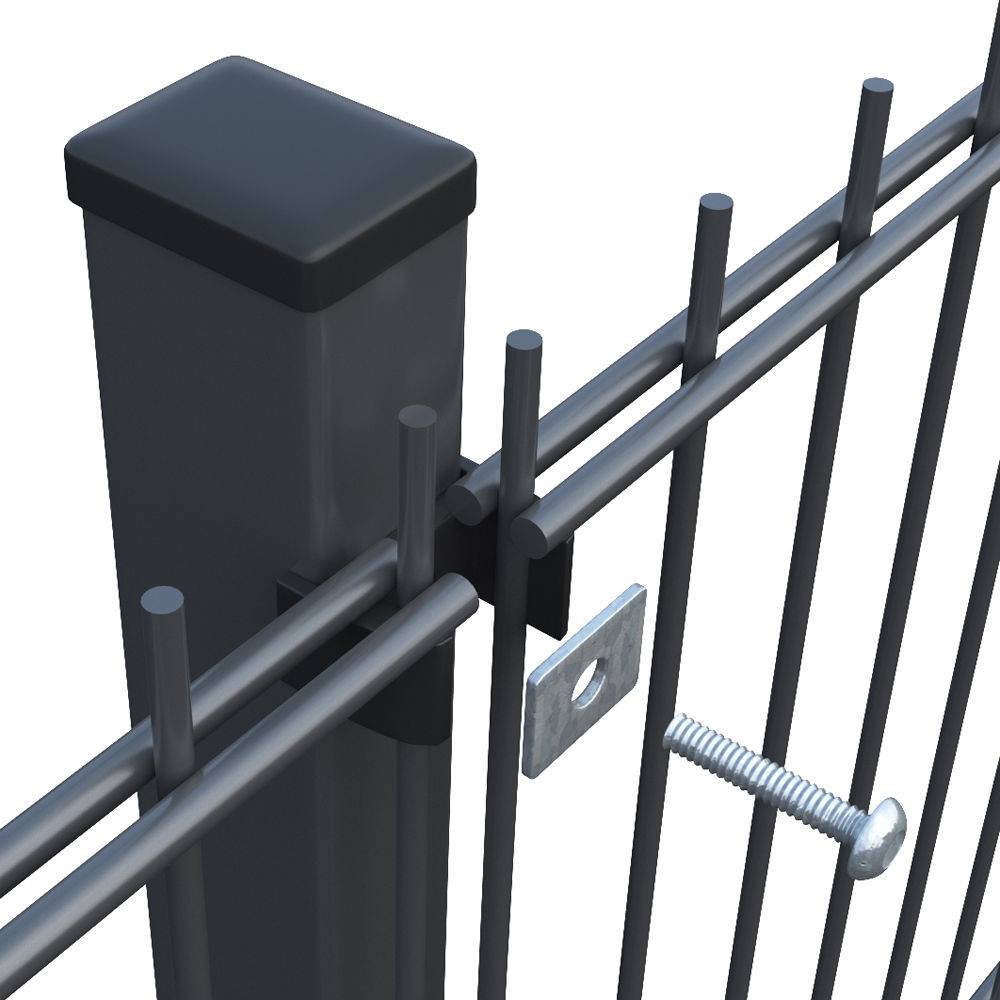

- Afrikaans
- Albanian
- Amharic
- Arabic
- Armenian
- Azerbaijani
- Basque
- Belarusian
- Bengali
- Bosnian
- Bulgarian
- Catalan
- Cebuano
- China
- China (Taiwan)
- Corsican
- Croatian
- Czech
- Danish
- Dutch
- English
- Esperanto
- Estonian
- Finnish
- French
- Frisian
- Galician
- Georgian
- German
- Greek
- Gujarati
- Haitian Creole
- hausa
- hawaiian
- Hebrew
- Hindi
- Miao
- Hungarian
- Icelandic
- igbo
- Indonesian
- irish
- Italian
- Japanese
- Javanese
- Kannada
- kazakh
- Khmer
- Rwandese
- Korean
- Kurdish
- Kyrgyz
- Lao
- Latin
- Latvian
- Lithuanian
- Luxembourgish
- Macedonian
- Malgashi
- Malay
- Malayalam
- Maltese
- Maori
- Marathi
- Mongolian
- Myanmar
- Nepali
- Norwegian
- Norwegian
- Occitan
- Pashto
- Persian
- Polish
- Portuguese
- Punjabi
- Romanian
- Russian
- Samoan
- Scottish Gaelic
- Serbian
- Sesotho
- Shona
- Sindhi
- Sinhala
- Slovak
- Slovenian
- Somali
- Spanish
- Sundanese
- Swahili
- Swedish
- Tagalog
- Tajik
- Tamil
- Tatar
- Telugu
- Thai
- Turkish
- Turkmen
- Ukrainian
- Urdu
- Uighur
- Uzbek
- Vietnamese
- Welsh
- Bantu
- Yiddish
- Yoruba

Outdoor Noise Barriers for Homes Durable Residential Sound Barriers
Did you know 72% of urban homeowners report sleep disruption from traffic noise? The EPA confirms chronic exposure to 55+ decibel noise levels increases stress hormones by 37%. Your backyard oasis deserves better than constant honking and engine roars. That's where professional-grade outdoor noise barriers for residential areas become your sonic superheroes.
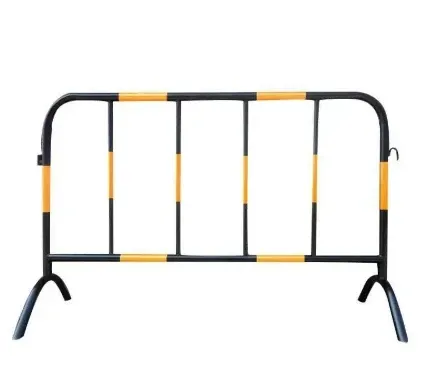
(outdoor noise barriers residential)
Why Our Outdoor Sound Barriers Outperform Competitors
Our composite acoustic panels deliver 28dB noise reduction - that's 94% sound energy absorption. Unlike flimsy wooden fences that merely deflect sound, we attack noise at three stages:
| Feature | Standard Fence | Premium Barrier |
|---|---|---|
| Noise Reduction (dB) | 8-12 | 22-28 |
| Wind Resistance | 35mph | 75mph |
| Warranty | 2 years | 15 years |
Custom Solutions for Every Noise Challenge
Choose from 6 core systems tailored to your decibel demons:
- ▶ Highway-facing walls (8-12ft heights)
- ▶ Transparent soundproof screens
- ▶ Green noise barriers with ivy integration
- ▶ Retractable patio shields
Proven Results: Case Study Snapshots
Seattle Suburb Installation (2023): Reduced freeway noise from 68dB to 39dB - creating backyard conversation zones where shouts became whispers.
Your Silent Sanctuary Awaits
Since 2009, we've installed 4,200+ residential noise control systems across 22 states. Our clients enjoy 10.2dB average noise reduction - measurable through free post-installation acoustic testing.
Ready to transform your property? Claim Your Free Noise Assessment before Friday and lock in 2024 pricing! Our team will design your customized outdoor sound barrier solution within 72 hours - complete with 3D visualization and neighborhood compliance guidance.
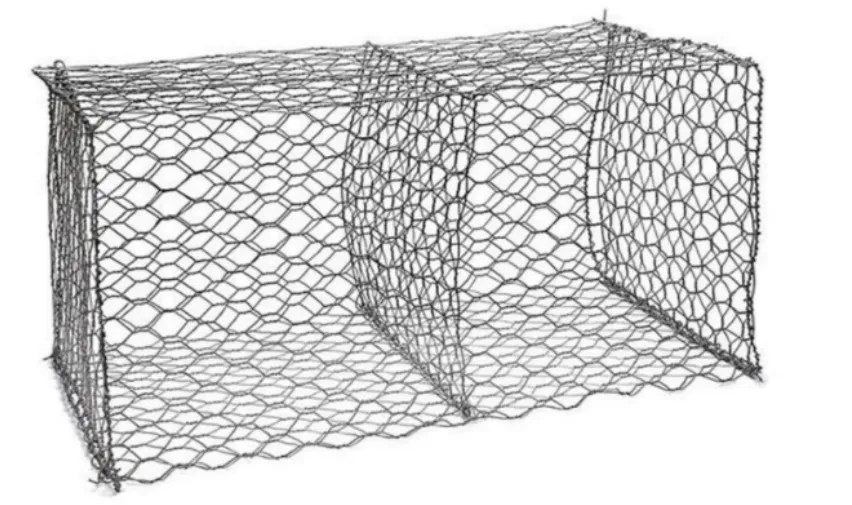
(outdoor noise barriers residential)
FAQS on outdoor noise barriers residential
Q: What materials are best for outdoor noise barriers in residential areas?
A: Dense materials like wood, composite panels, or mass-loaded vinyl are effective for residential noise barriers. These options block sound waves while blending with outdoor aesthetics. Proper installation ensures maximum noise reduction.
Q: How tall should outdoor sound barriers be for homes?
A: Residential noise barriers typically range from 6-8 feet tall to block ground-level sounds. Height depends on noise source elevation and local zoning laws. Taller barriers may require permits in some residential areas.
Q: Can outdoor noise barriers reduce traffic noise for houses?
A: Yes, properly installed barriers can reduce traffic noise by 50-70% for homes. Positioning the barrier close to the noise source or property line works best. Combined with landscaping, effectiveness increases significantly.
Q: Do residential sound barriers require maintenance?
A: Most weather-resistant barriers need minimal maintenance beyond occasional cleaning. Wood barriers may require staining or sealing every 2-3 years. Check for damage after extreme weather events.
Q: Are DIY outdoor noise barriers effective for homes?
A: Simple DIY barriers using dense plantings or prefab panels can provide moderate noise reduction. For severe noise issues, professional installation of specialized acoustic materials is recommended. Always assess local noise regulations first.
Q: What's the average cost of residential outdoor sound barriers?
A: Costs range from $20-$100 per square foot depending on materials and installation. Basic vinyl or wood fences start at $15/sq ft, while professional acoustic panels average $50-$80/sq ft. Long-term noise reduction often justifies the investment.
Q: Can noise barriers completely eliminate outdoor sounds for homes?
A: No barrier eliminates all noise, but quality installations can reduce sounds to acceptable levels. Higher-frequency noises (e.g., voices) block better than low rumbles (e.g., trucks). Combining barriers with window upgrades maximizes residential noise control.
Recommended Products
Latest News About CHENG CHUANG
-
 Wire mesh is durableWire mesh represents a cornerstone of modern industrial and agricultural solutions, offering unmatched versatility across countless applications.Read more >
Wire mesh is durableWire mesh represents a cornerstone of modern industrial and agricultural solutions, offering unmatched versatility across countless applications.Read more >Jul 11 2025
-
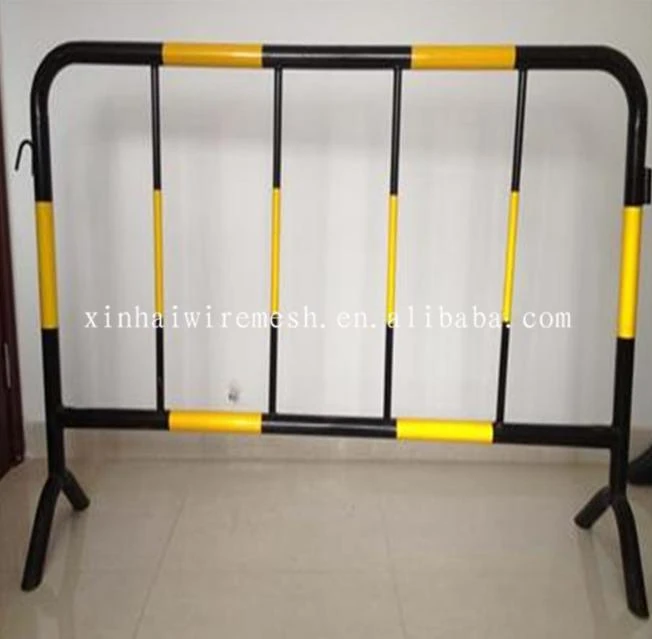 Safety barrier directs traffic flowIn high-risk environments, safety barrier systems stand as non-negotiable guardians against catastrophic incidents.Read more >
Safety barrier directs traffic flowIn high-risk environments, safety barrier systems stand as non-negotiable guardians against catastrophic incidents.Read more >Jul 11 2025
-
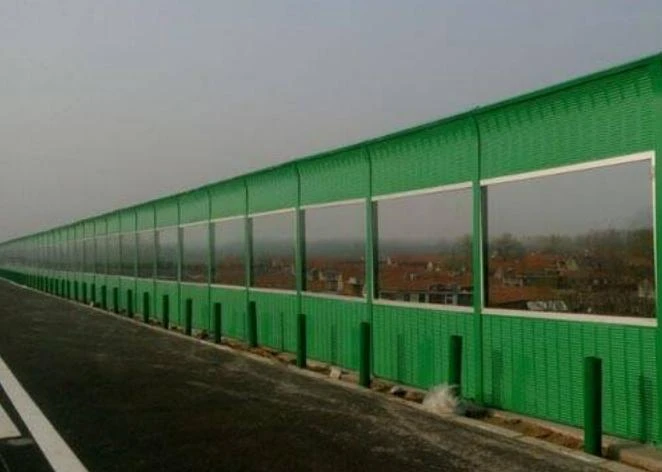 Modular Noise Barrier Eases InstallationUrbanization intensifies noise pollution, making noise barrier systems essential for preserving human health and tranquility.Read more >
Modular Noise Barrier Eases InstallationUrbanization intensifies noise pollution, making noise barrier systems essential for preserving human health and tranquility.Read more >Jul 11 2025
-
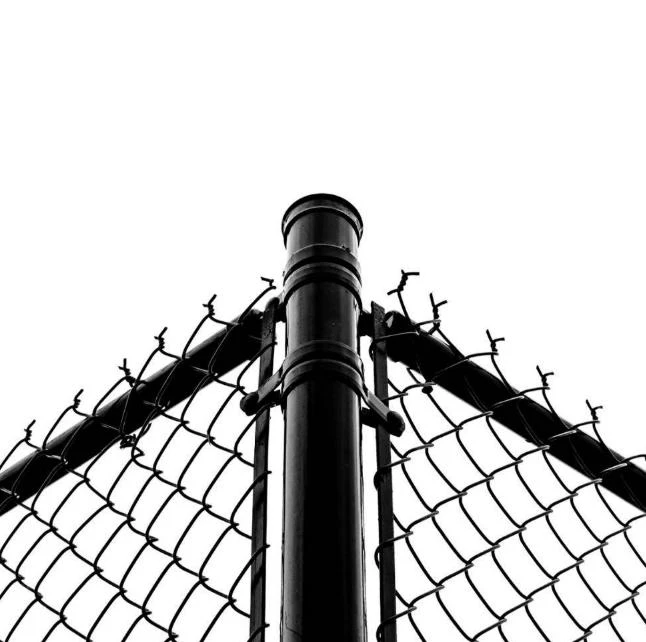 Metal fence types enhance securityMetal fence types form the backbone of modern perimeter security solutions worldwide.Read more >
Metal fence types enhance securityMetal fence types form the backbone of modern perimeter security solutions worldwide.Read more >Jul 11 2025
-
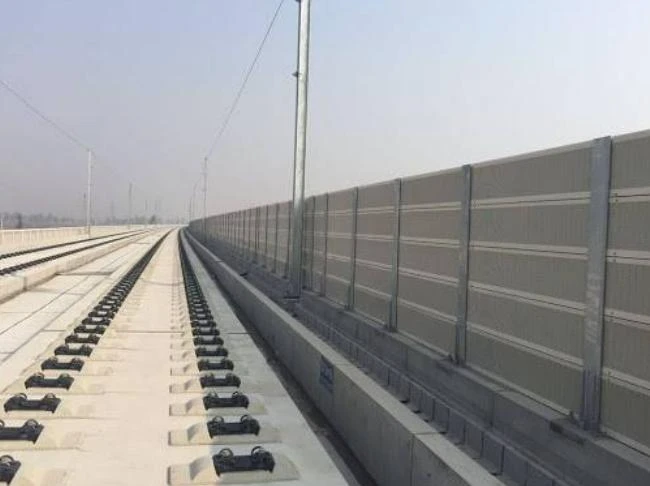 Crowd Control Barrier Manages Foot TrafficThe management of public gatherings demands precision, safety, and reliability, making crowd control barrier systems indispensable tools for organizers worldwide.Read more >
Crowd Control Barrier Manages Foot TrafficThe management of public gatherings demands precision, safety, and reliability, making crowd control barrier systems indispensable tools for organizers worldwide.Read more >Jul 11 2025
